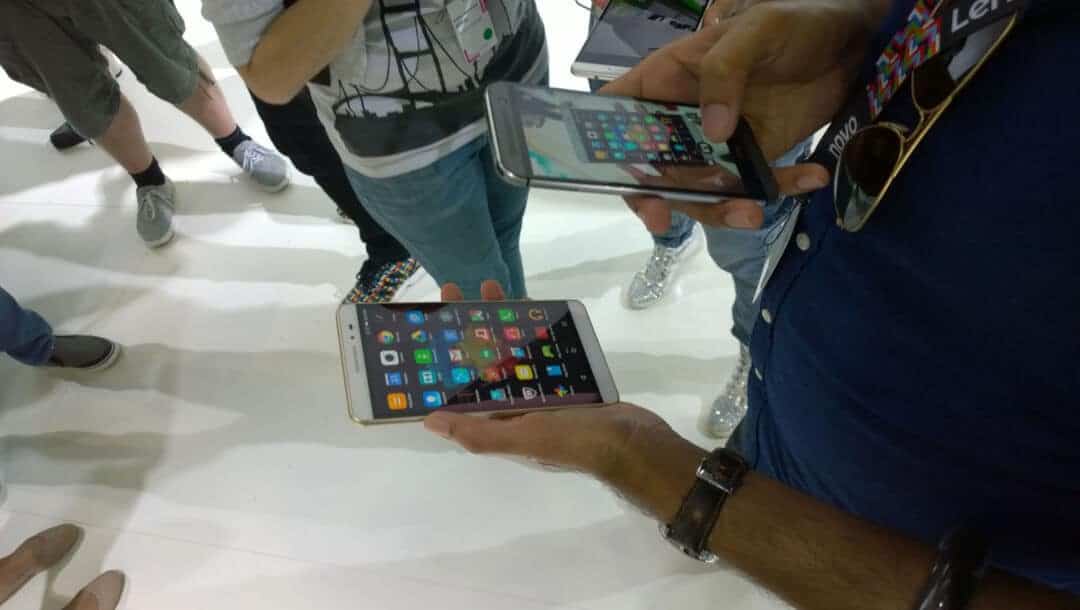Building brand recognition is essential whether your business is about books, cars, or medical instruments. Obviously, brand building means different things to different companies. Mobile app development companies are sometimes guilty of trying to make every client think that the same type of app they’ve made for other companies will help them reach their goals. But the truth is, your app has to be designed to serve your particular brand needs.
Apps are hot because they’re still a relatively new phenomenon, but they’re also popular because they’re effective. Never before have brands had the power to have a place inside their customers’ handbags and pockets practically around the clock. The right app can go a long way in building up your brand and raising your company’s profile. But not all mobile app development companies are alike, so it’s important to choose carefully.
The Overarching Purpose of Your App
People use apps to solve problems. Those problems have almost infinite range. One customer’s “problem” is that she’s bored waiting in line at the post office whilst another’s is that he wants to make dinner reservations. Your app should identify a customer need and attempt to fulfill it in a way that’s quick, convenient, and ideally, entertaining as well. Simply having an app isn’t enough, because people’s expectations have been raised. They don’t want to tap through a dozen screens just to book an appointment. Your app should convey “Let me help you” as soon as the user opens it.
Apps That Excel at Brand Engagement
Researchers in America and Australia conducted a study about how apps affect perception of brands and purchasing intent, and found that apps increased positive feelings toward brands. As for purchase intent, before using apps, participants said they were, on average, 46.75% likely to buy the products represented. Afterwards, purchase intent rose to an average of 48.63%.
The study found that informational apps were most effective at engaging users. For example, apps that offered special deals, product reviews, or instructions (like cooking tips) were found to be more engaging than strictly entertainment-oriented apps, such as games. What the study tells us is that apps that provide utility for users – that solve a user problem or answer a user need – are most successful at brand building.
What People Want From Apps
People download a lot of apps, but they only use around 15 of them with regularity. There are several strategies you can use to make your brand’s app one of those coveted 15 and strengthen customer relationships. Your app should do one or more of the following to make it into a user’s “go-to” app repertoire:
• Increase convenience, such as an airline allowing customer to check in with an app
• Offer something unique, like allowing a customer to order something by scanning a QR code on a display poster
• Allow easy social media sharing, like Sweden’s Wrapp, which allows people to give Facebook friends gift cards from various retailers
• Make it easy for users to participate in loyalty or rewards programmes
• Keep users entertained, because sometimes playing a game fulfills a need to unwind or prevent boredom
Your App Must Be Customer-Centric
Most of all, your app must be customer-centric, and you should shy away from mobile app development companies that try to say otherwise. People talk about brands when they’re stimulated by involvement with them. When your customers are engaged with a useful, easy-to-use app, they’ll share their experiences, on social media or by old fashioned word of mouth. You engage app users by helping them solve a problem, not by using your app simply as a platform from which to pitch products.
Building your brand and maximising long term return on investment with an app isn’t just a matter of making an app and slapping your logo on it. You have to know your customers, understand a problem they want to solve (“What wine goes well with lamb stew?”) and give them a quick and easy way to do so. When you develop an app that can become part of your customers’ day-to-day lives, it will find a place on their home screens and help cement long term relationships with them.
Conclusion
Before building an app, consider mobile app development companies carefully. At Glance, a leading UK developer of native apps, we understand customer-centricity because we are customer-centric. We put client needs at the centre of your app development efforts from concept to post-launch, and we can help you develop that app that will raise your brand’s profile effectively. To find out more, send us an enquiry. We will be in touch promptly to answer all your questions.
Share this
Subscribe To Our Blog
You May Also Like
These Related Stories

How Drones can Impact the Future of Delivery Services

Native and Progressive Web Apps: How are they similar?





